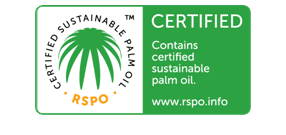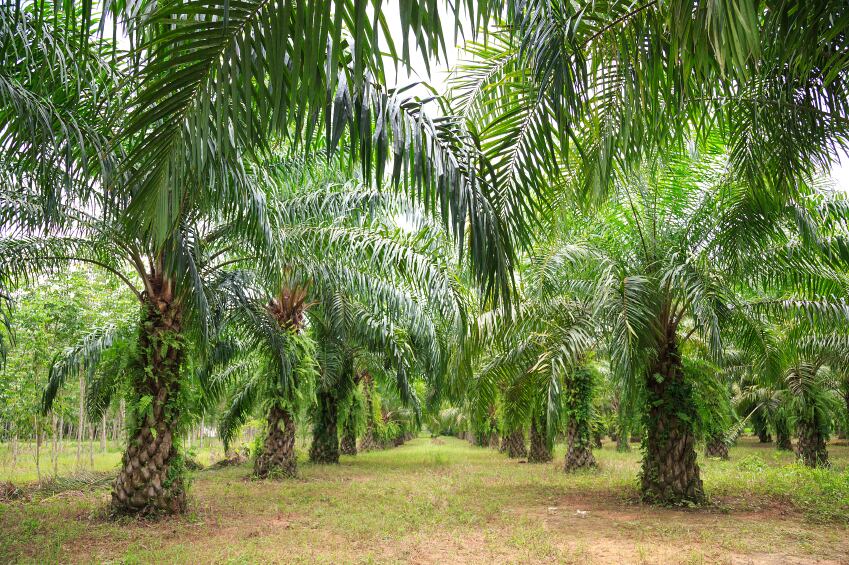The Malaysian government said its sustainable palm oil certification standard MSPO - launched this month on a voluntary basis initially - did not vary wildly from the global voluntary Roundtable on Sustainable Palm Oil (RSPO) certification scheme. However, Malaysia’s plantation industries and commodities minister Douglas Uggah Embas told reporters ahead of the launch that differences included costs to producers, procedures around inspectors and use of peat land. RSPO allows cultivation on peat land only under very specific circumstances, while the minister said MSPO would be in line with national regulation on this based on the depth of the peat.
In the run up to the launch last autumn, government ministers said the new standard had been born of frustration over what they saw as the ever stricter demands of RSPO, the increasing influence of Western environmental NGOs on the multi-stakeholder initiative and the resultant pressures on large-scale and smallholder producers.
RSPO told us it looked to work with national standards, as it had done with Indonesia’s ISPO scheme, and it was proud to be the catalyst for other emerging sustainability efforts.
Unilever: 'necessary but not sufficient'
Major palm oil buyer Unilever told us it too was supportive of the move “since it provides legislative teeth to the sustainability efforts of the RSPO”.
“However, our initial understanding is that unless the standards are aligned with those of the internally accepted RSPO standards, which have been evolved through a robust mechanism of participation by growers, buyers and NGOs alike, we can at best accept it as a necessary but not sufficient condition.”
Meanwhile Greenpeace said this was a sign that the Malaysian industry was settling for a “weaker” standard, and angling for markets where price not sustainability was top priority.
The cost of sustainability
The minister maintained that these pressures were costing Malaysia its competitive edge.
As it stands, 18% of the world's palm oil yield is now RSPO-certified, yet half of this cannot be sold at its corresponding higher price point, leading some to question whether the associated costs could be justified for producers, particularly smallholders.
“We will not sacrifice our basic standards on sustainability but at the same time we can’t continue to add costs to our industry. Palm oil is a very competitive industry. We are no longer the world’s biggest producer, Indonesia is, and I think pretty soon there’s going to be about 80 million tonnes all over the world. So cost is also a very important consideration,” he told us in Kuala Lumpur.
He said the aim was not to compete with RSPO, but that MSPO could offer a more commercially viable alternative and was part of the government's aim to certify all of its palm oil land.
“We want our industry to be certified, so what are the options? We have 1.2m hectares of RSPO certified oil plantations. We want all our plantations to be certified, so the way to do that is through MSPO.”
Previously, the government had offered 50m Malaysian ringgits (€12.17m) to help smallholders gain RSPO certification, but take up of the scheme had been poor. As a result this budget has been upped by 3m Malaysian ringgits and reallocated to a support fund encouraging producers to gain the MSPO certification.
The underlying issues
The commodities minister said one of the government's grievances with RSPO was that it had been “moving the goal posts” by constantly adding new conditions to the standard.

CEO of the Malaysian Palm Oil Council (MPOC) Dr Yusof Basiron echoed this concern, saying: “Every year RSPO will meet and they will make new regulations and every one then must follow. This is not typical of how standards are formulated and implemented. Standards are typically stable not changing every year based on your round table general annual meeting.”
Responding to this criticism, RSPO European director of outreach and engagement Danielle Morley said the standard was only renegotiated every five years and that all stakeholders had an equal voice in this process. “You get out what you put in, in a way. Because we have got some quite active NGOs they have managed to be quite influential, but so have the Malaysian growers and the retailers and the manufacturers.”
The MPOC CEO and minister also said there had been disquiet around how RSPO conditions interacted with national law. They said originally national law prevailed, but increasingly this seemed to be put second. Morley said compliance with national law was key, but on some elements it may choose to go beyond this with international ideas of best practice.
'Raise the floor - don't just look at the ceiling'
Discussing the standard, Martin Bek-Nielsen, executive director of the RSPO-certified palm oil producer United Plantations headquartered on the Malaysian peninsular, said that while RSPO was still the “globally respected, Rolls Royce” of palm certification, national standards like MSPO and ISPO were nonetheless a step in the right direction.
“We should be happy about putting in stricter demands for all producers – not just those in the front seat with RSPO that have got a lot of rules and regulations to live up to, but also the ones in the back that try to be invisible.”
“I think we should not complicate it and laugh about it and say: “Oh Malaysia and Indonesia are trying to reduce the strict standard.” Yes, you may argue that it’s not as strict but at the end of the day we should be happy. This raises the bar for all producers, not only the voluntary ones that have a customer based in Europe. We should be supporting this, in our opinion.”

His brother and vice chairman and chief executive director of the firm, Carl Bek-Nielsen, said he was confident MSPO would follow in Indonesia’s footsteps and eventually become mandatory.
“It’s a good and noble effort to get people to raise the floor and not just look at the ceiling,” he said.
Concerns and scepticism
Yet Greenpeace palm oil campaigner Annisa Rahmawati said: “Like other national standards, MSPO principles and criteria only refer to government regulations, with the assumption that all laws and regulations are perfect and well-implemented. It takes less consideration of growing market demand globally for deforestation-free palm oil that strengthens and goes beyond the RSPO in achieving transformation of the palm oil industry.”
Colleague Suzanne Kroger added: “While progressive companies like the members of the Palm Oil Innovation Group and traders like Wilmar, GAR and Cargill are trying to built upon and further strengthen the RSPO, the Malaysian industry is settling for a weaker standard. There is a growing demand for palm oil that is not linked to deforestation and peat land clearance, but it seems that the Malaysian industry is aiming for markets that are not setting high sustainability standards.”
RSPO’s Morley said it was currently awaiting a report on the impact of the Indonesian national standard, and it would be basing its position on this.
